![]()
» Why is There Corruption in Government Newspapers?
The editorial of Sedaye Eslahat addresses the issue of corruption in those newspapers and media in Iran that are tied to the government’s entities, focusing on the recent case of corruption in Hamshahri newspaper. The editorial says: when there is news of violation in Hamshahri newspaper, other journalists aren’t surprised. If a journalist is professional, he or she knows that the society page of this newspaper, for example, consists of a few journalists and an editor who are paid very well, but their professional outcome is not as much as a one-person team. The editorial continues: Hamshahri, Jam-e-jam, and other similar newspapers do not have any professional productions because they are places for gouging the people’s money [Bayt al-Mal] so that certain people can achieve their own political goals or just get rich along with their relatives. As for Hamshahri, it has become the hangout for certain journalists with no positive media activities. These people have been transferred to this newspaper just for praising this or that party or this or that person. And these people enjoy everything abundantly: swimming pools, saunas, good salaries, insurance, etc. The editorial concludes: even though some people work wholeheartedly in these places, they are ignored, and corruption in government newspapers and media is not something rare.
An Editorial in Sedaye Eslahat on February 28, 2018
» Judging by Appearance, Not Reality
This editorial focuses on Major General Hassan Firouzabadi’s criticizing comments against Mahmoud Ahmadinejad. Major General Firouzabadi has recently stated that former presidential candidate Mir-Hossein Mousavi [who has been under house arrest since Iran’s 2009 presidential election] “knew what was going on inside Ahmadinejad’s head, but we didn’t.” The editorialist holds that Firouzabadi’s words come after a wave of criticism against Ahmadinejad following his recent comments and measures. Yet was it really necessary to know what was going on inside Ahmadinejad’s head in order to bypass him and find another alternative for 2009 presidential election? To answer this question, the editorialist refers to the economy and foreign policy during Ahmadinejad’s first term. The inflation rate at the time was more than 25% and there was zero economic growth. As for foreign policy, Iran had become entirely isolated in the international arena and the nuclear negotiations had totally failed. Therefore, a mere glimpse at Ahmadinejad’s records was enough to see where the country would end up under his leadership, and there was no need to know what was going on inside his head or discover his secrets. The editorialist ends his piece by pointing out that it seems the principlists who used to be die-hard supporters of Ahmadinejad are now criticizing him only for some of his comments, such as holding free elections, which are actually the repetition of reformists’ words more than two decades ago.
An Editorial in Bahar daily on February 27, 2018
» Huge Cost of Ahmadinejad for Reputation of Iranian Establishment
The editorial of Shargh daily deals with the issue of Iran’s former president Mahmoud Ahmadinejad and the cost of his scandalous behavior for the establishment. Ahmadinejad has recently written open letters to Iran’s supreme leader Ali Khamenei, explicitly criticizing him, the judiciary branch and the Guardian Council.
According to the editorial, numerous letters signed by Ahmadinejad and his “anti-revolutionary” remarks would not seem strange if they were from someone not familiar with Iranian establishment, constitution and people. But Ahmadinejad was president for 8 years, paid no attention to his own critics and called millions of protesters “dust and trash.” Now he defends “rioters” as critics of the status quo in these letters.
The editorial asserts: Ahmadinejad calls all prisoners “critics of the status quo”, and, without paying attention to numerous articles of the constitution, tells the leader, the establishment and Iranian people what to do. He accuses the very Guardian Council that qualified him twice to run for the presidency of “engineering the election” and charges those institutions that overtly and covertly supported him in 9th and 10th presidential elections of “interfering in the election”.
Then the editorial calls for legal confrontation with Ahmadinejad as soon as possible, because due to lack of mental balance, he might do something to himself putting the blame on the establishment; or due to his unruly political remarks, he might be targeted by foreign operatives, so that they can then accuse the establishment for it and create problems for the country. In the end, the editorial says: confronting Ahmadinejad will also put an end to all rumors as to his being in possession of “secret, confidential information,” and then no one can ridicule goals of the Iranian revolution and the constitution of the country.
An Editorial in Shargh on February 26, 2018
» Preliminaries for Referendum
The editorial of Rozan deals with necessity and requirements of the referendum in Iran.
According to the editorial, revising the constitution is natural, given the increasing acceleration of changes in governments’ political philosophy and also changes in international and domestic situations. Currently, political, economic and cultural conditions are changing, and Iran needs to make changes to its constitution to comply with these changes. And as the constitution is a national covenant, it requires holding a referendum for making any changes in the constitution.
The editorial continues: since the beginning of the revolution, the experience of revising the constitution has not been successful and has been mainly for limiting people’s power while making the power of regime’s entities more undisputed.
Amending and revising the constitution, the editorialist says, requires a series of preliminaries, including the existence of platforms for free-thinking and exchanging views. People, disregarding their political tendencies, should be free in expressing their views. In forming the committee for reviewing the constitution, all political currents, even legal critics of the regime, must be present. The editorial adds: if something like the Iranian Revision of Constitution in 1989 is going to happen, it is not in compliance with democratic standards because people were then bound to accept all or nothing. People’s views on each and every individual issue must be asked separately. Otherwise, the revision will result in strengthening the regime’s entities, people’s political freedoms will be more limited, and the break between people and the establishment will be more and more widened.
The editorial concludes: the separation of powers must be recognized, but none of the branches must be exempt from inspection and control. It is not acceptable for an institution to have the power but not the responsibility. What is more, the structure of the judiciary branch must be in such a way that if it has any unfair behaviors, it can be directly or indirectly reformed by people’s votes.
An Editorial in Roozan on February 25, 2018
» Justice; 4 Decades after Revolution
The editorial of Jahan Sanat addresses the question of justice in Iranian society, and the failure of the Iranian regime to create justice within in the society 4 decades after the revolution.
According to the editorial, 4 decades after the revolution which called itself “representative of the poor and the deprived” even Iran’s highest-ranking officials talk about failure in realizing social justice. The most basic requirements of each human being such as housing have faced difficulties, finding jobs seems impossible, and slum-dwelling and poverty have become common, and day by day the social gaps are widening. Everybody is aware of grave consequences of this condition – consequences that will eventually endanger political stability and have worried the officials.
The editorial continues: despite being one of the main slogans of the revolution, none of the revolutionaries had any clear understanding of the question of justice. They thought that with help of oil revenues, they could uproot the poverty or provide the basic needs of the people. They had an opportunity for 4 decades, but no written program was launched for an efficient social security system. The editorial adds: in these 4 decades, justice was taken as equal with the distributing program and policy: helping the poor through some organization and institutions that are now suffering from corruption themselves. This help was useful for sometimes, but all these years there were no signs of empowering the poor through creating employment for them. It has been neglected that before distribution, there is basically a need for production and acquiring wealth.
In the end, the editorial asserts: in all governments, particularly after the Iran-Iraq war, the workers were ignored in the regime’s policy-making, their bargaining power was taken away from them, and therefore the combination of low wages and unsustainable employment made workers’ conditions very critical. And now that economic pressures have damaged the establishment and have challenged the political stability, the issue of justice is once again raised – 4 decades after the revolution.
An Editorial in Jahan Sanat on February 25, 2018
![]()
♦ Kamalvandi: Nuclear program better than before JCPOA
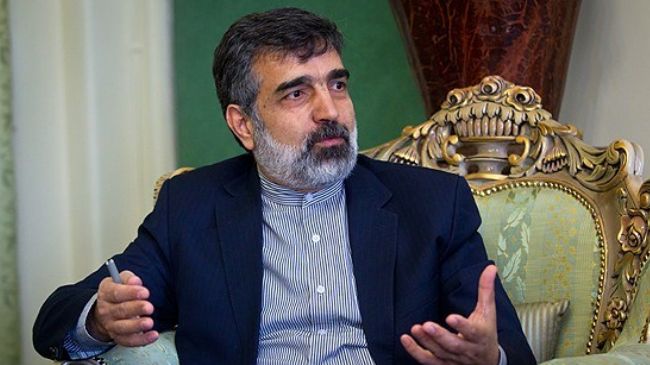
Deputy Head of Atomic Energy Organization of Iran, Behrouz Kamalvandi, said that “our position in the peaceful nuclear program is good, and even if we have to go back to pre-JCPOA, our condition is better than before.” He added the condition of enrichment, speed and number of centrifuges show this point very well, and “our researches show signs of growth and progress in this sector.”
Kamalavandi also announced delivering heavy water to Russia, urging that Iran has no problems in producing heavy water in Arak, and after production of 20 tons heavy water, it will be delivered to Russians and uranium will be received.
Fars news
♦ Zibakalam fired from university
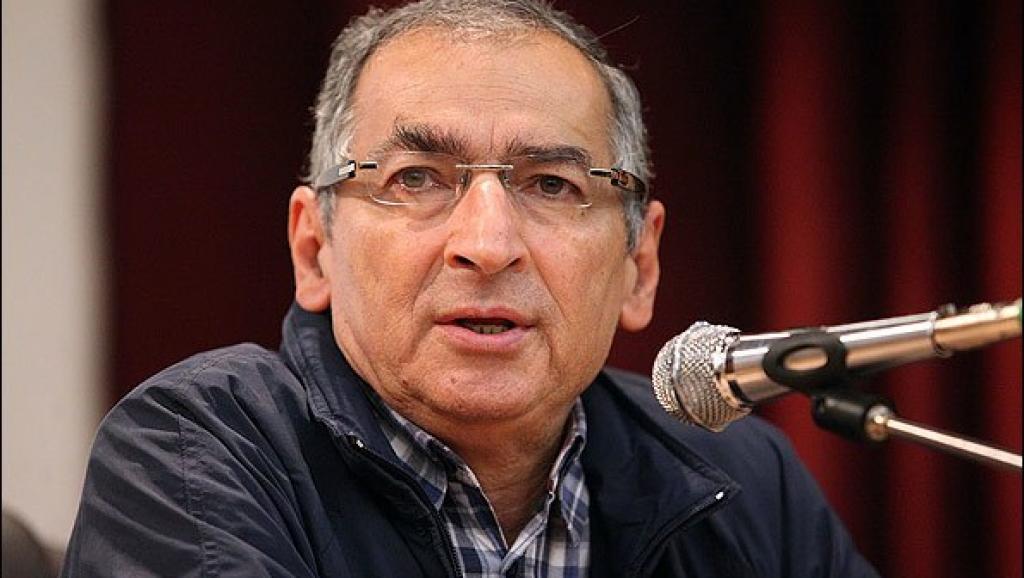
Sadegh Zibakalam, the reformist political analyst, and university professor said he has been fired after 10 years of cooperation with Science and Research Branch of Azad University. Zibakalam explained that he realized this when his salary was not deposited into his account, adding that “Interestingly, no one even informed me that I was fired.” He considered this as “political settlement”, saying that he will complain about this to Labor Ministry as he hadn’t been informed in this regard or no reason had been given to him. Zibakalam asserted, “had I work all these years in an animal husbandry or aviculture, I would have been treated with more dignity now.” Zibaklam has been an outspoken critic of the Iranian regime.
Khabar online
♦ Safavi: We must enter negotiation about water
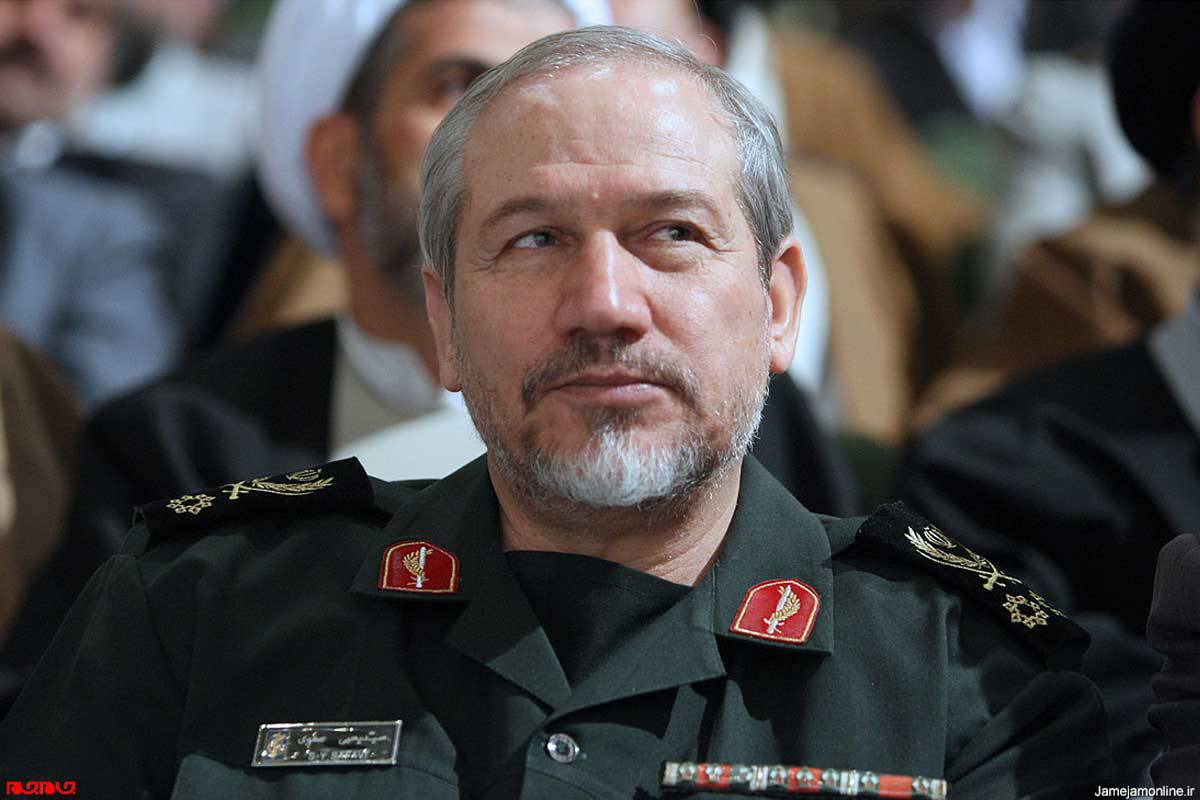
Brigadier-General Yahya Safavi, chairman of National Forum for Water Diplomacy and Hydro-politics in West Asia, pointed out to the significance of the issue of water among Iran and neighboring countries, saying that “we don’t want this to end up in military actions, and we must reach a shared engagement through diplomacy.” Urging that the issue of shortage of water might become either a shared engagement or a challenge among countries of the region, Safavi said Iran has water in common with 12 countries and this can cause either shared engagement or tension. Safavi went on to say that Iran must enter a negotiation with countries such as Iraq and Afghanistan in this regard.
Arman Emrouz
♦ Crashed airplane had no technical problems
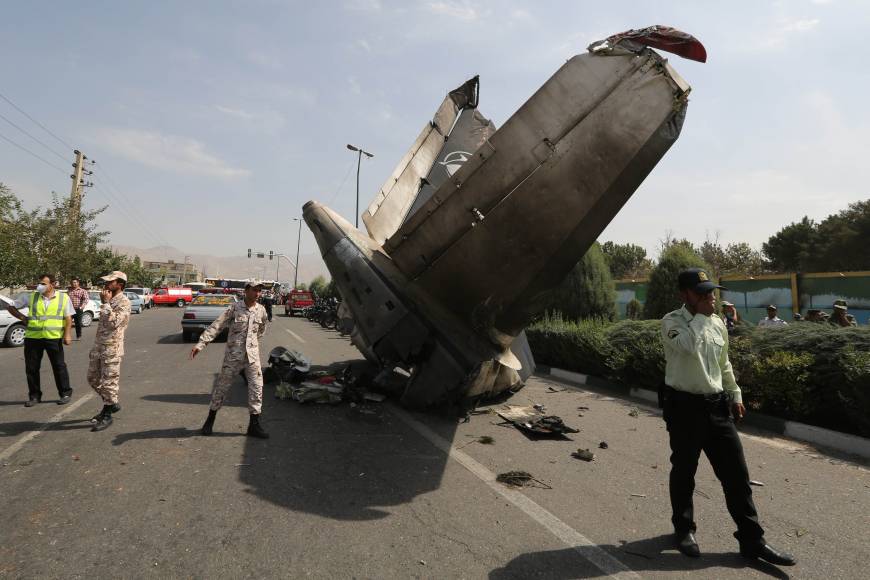
Labor Minister Ali Rabiee said given the fact that the crashed airplane had no technical problems before and even its engines had been completely overhauled, reviewing the data of the black box will be very significant in determining the cause of the incident. Rabiee added that the pilot of the airplane had also been very experienced, “so one cannot easily talk of human error in this bitter incident.”
Recently, a passenger airplane crashed in central Iran, and all 66 people on board lost their lives.
Arman Emrouz
♦ Iran to produce more oil in West Karoon fields
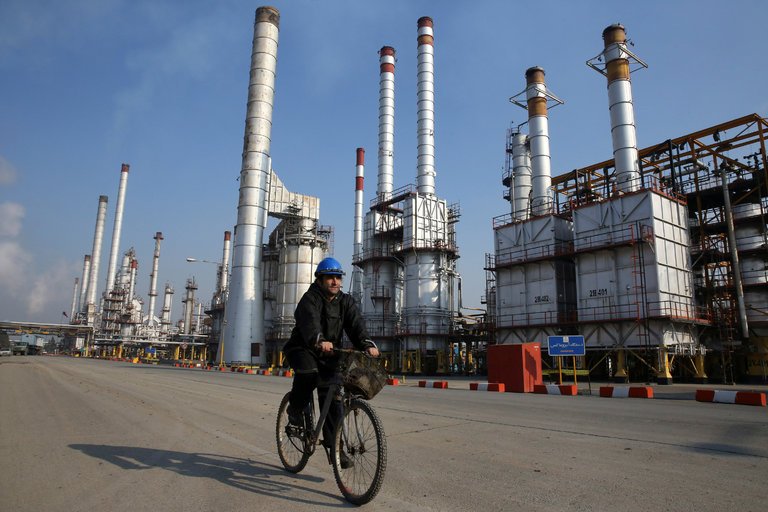
Prospect of producing crude oil from West Karoon fields is 1,330,000 barrels per day, and it is expected that by March 2019, 550,000 barrels of oil be taken from these fields. West Karoon oil fields include northern and southern Azadegan oil fields, southern and northern Yaran, and Yadavaran oil field (Koshk and Hosseineh).
Abrar Eghtesadi
♦ Direct Tehran-Belgrade flights
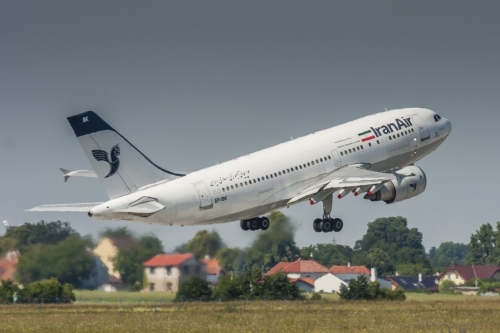
Iranian FM Mohammad Javad Zarif, in Economic Forum of Iranian and Serbian Businessmen, said the bilateral relationship between Iran and Serbia has always been friendly for almost a century. He added that presence of Iran’s high-ranking economic and trade delegation shows serious resolve in developing cooperations. According to Zarif, two significant steps have been taken in this regard: canceling visa requirement and launching direct flights between the capitals of the two countries which will start from March 19.
Asr Eghtesad
♦ Iran not in blacklist of FATF
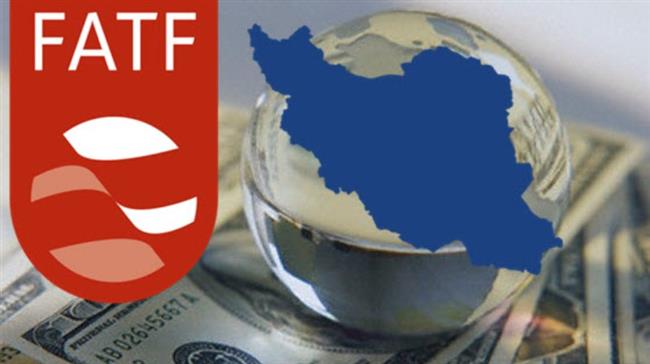
Head of National Security and Foreign Policy Commission in Parliament said the reason why Iran was not blacklisted by FATF (Financial Action Task Force on Money) for next 4 months is that they have realized Iran is very serious in this regard. Alaeddin Boroujerdi added Iranian Parliament has taken a lot of measures with regard to financial transparency. He asserted that the law for fighting money laundering has passed a long time ago, saying that the law for fighting financing terrorism and Iran joining the international convention for countering financing terrorism has been ratified by the Parliament as well. According to Boroujerdi, agreements with regard to FATF and Palermo are at their final stages, and Iran will have reservation about any international issues that are against laws of Iranian Republic.
Parliament news agency
♦ Lawmaker: Duties of IRGC intelligence organization must be separated from intelligence ministry
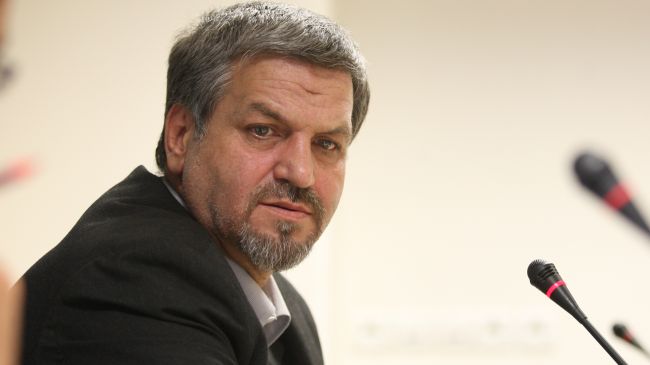
Mostafa Kavakebian, the reformist member of National Security and Foreign Policy Commission, emphasized on separating duties of intelligence ministry and IRGC intelligence organization, calling for more attention of judiciary system and prisons organization to the mental and physical safety of prisoners. He added that the Parliament is after a plan to make justice ministry accountable in this regard.
Kavakebian pointed out to the involvement of IRGC intelligence organization in the issue of espionage during the arrest of a number of environmental activists and to the emphasis of some lawmakers on the fact that the issue of espionage is within duties of intelligence ministry, saying there must be a clear separation between duties of these two entities.
Iran
♦ Amirifard: Ahmadinejad demanded execution of Mousavi, Karroubi
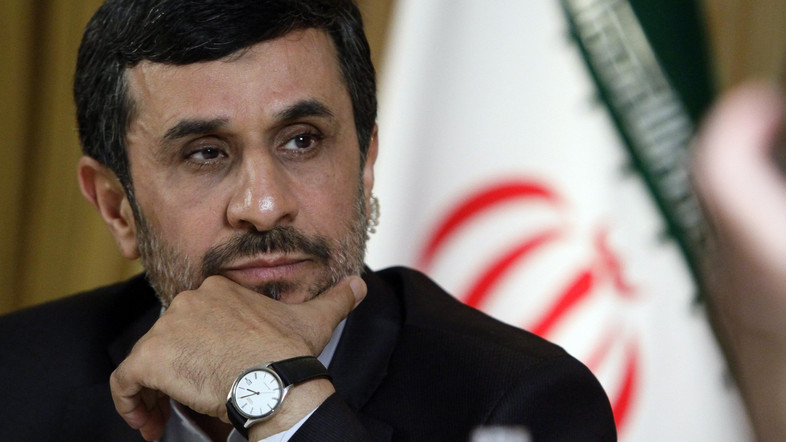
Abbas Amirifard, a cleric who used to be close to the circle of Mahmoud Ahmadinejad, pointed out to measures of Ahmadinejad during 9th and 10th governments, saying, “today he issues a statement calling for the release of all political prisoners, whereas he had the harshest position with regard to his opponents.” According to Amirifard, Ahmadinejad was after a very harsh confrontation with Mir-Hossein Mousavi and Mehdi Karroubi (leaders of Green Movement in 2009) and even believed they should be executed.
Amirifard added there will probably be a confrontation with Ahmadinejad, but currently, the judiciary system is dealing with Hamid Baghaee and Rahim Mashaee who have close ties with Ahmadinejad.
Shahrvand
♦ Judiciary Commission of Parliament investigates unrests of Pasdaran Avenue
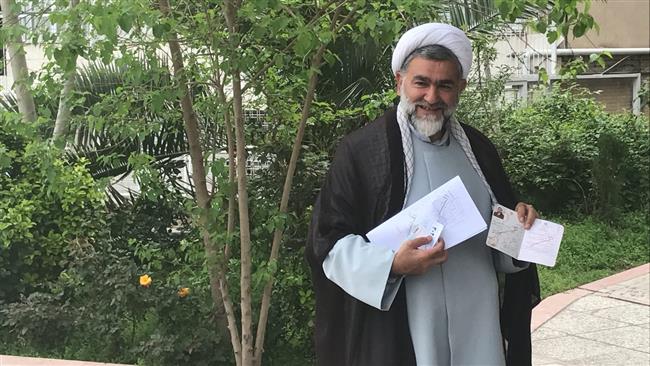
Hassan Norouzi, the spokesperson of Judiciary and Legal Commission of Parliament, pointed out recent unrests in Pasdaran Avenue, northern Tehran, saying, “measures of a group of rioters who attributed themselves to dervishes were absolutely illegal.” He added that officials of the judiciary system and law enforcement must seriously follow up this issue, saying that “judiciary branch must seriously and quickly confront with those who endanger people’s safety.”
In recent clashes between Gonabadi dervishes and the law enforcement, 3 policemen and 2 Basijis were killed, and hundreds of dervishes were arrested.
On the same issue, Mohsen Gharavian, a researcher in seminary, said behind the recent incident of Pasdaran Avenue, there are political conspiracies for creating religious and sectarian wars. He added dervish and Sufi orders have nothing to do with violence and such behaviors must be doubted and investigated.
Jam-e-jam online, Mardomsalari
♦ Spanish government supports big investments in Iran
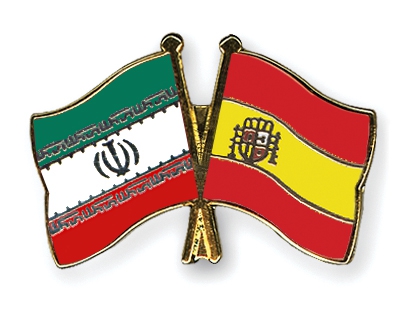
International manager of Spain’s Chamber of Commerce Alfredo Bonet said Spanish government supports finances big projects in some countries including Iran. 3 officials from Spain’s private sector became present in Tehran’s Chamber to meet and talk with Bahman Eshghi. Both sides emphasized on the necessity of developing the relationship between private sectors of both countries to use opportunities and capacities. Alfredo Bonet said Spanish companies are interested in participating in growing process of reformation and development of infrastructures in the Iranian economy.
Eghtessad Meli
♦ Lawmaker: Using nuclear propeller, nothing to do with U.S. anti-Iranian measures
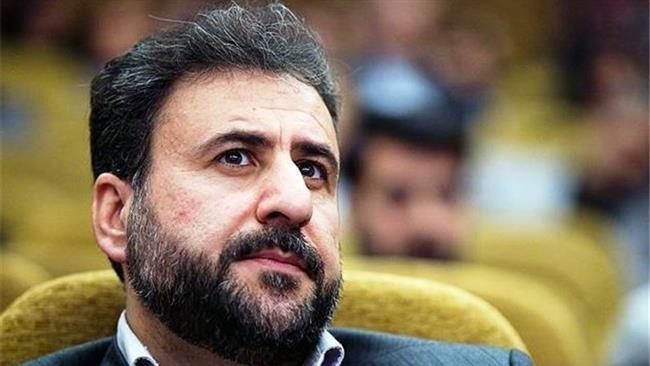
Member of National Security Commission in Parliament Heshmatollah Falahatpisheh said launching nuclear propeller by Iran has nothing to do with anti-Iranian measures by Americans. Falahatpisheh pointed out to Iran’s launching nuclear propeller, saying all nuclear activities of Iran are within the regulations of International Atomic Energy Agency (IAEA). He asserted that there are no prohibitions in the nuclear deal (JCPOA) with regard to activities of Iran’s nuclear propellers, adding that countries that are members of JCPOA are bound to cooperate with Iran in fields like the production of nuclear fuel and fuel for ships and oil tankers.
Young Journalists Club
♦ Zarif to visit Balkan countries, East Europe
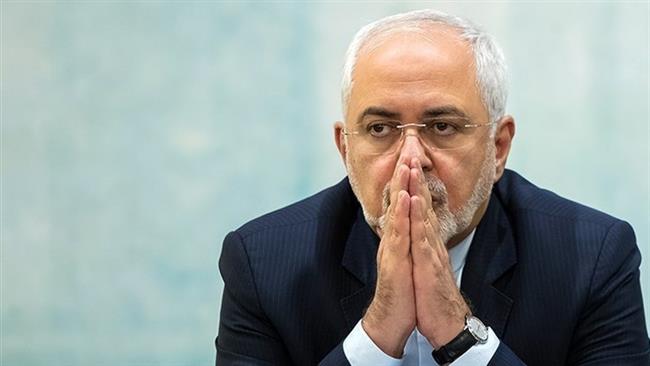
Spokesperson of Iranian foreign ministry Bahram Ghassemi said FM Mohammad Javad Zarif would go to Serbia, Bulgaria, Croatia, and Bosnia in Balkan region and East Europe to talk and exchange views with officials of these countries. Ghassemi added that a high-ranking political delegation, as well as an economic delegation consisting of economic corporations and entrepreneurs from private and public sectors, will accompany the foreign minister in this trip.
Fars news
♦ Is Ahmadinejad going to resign from Expediency Council?
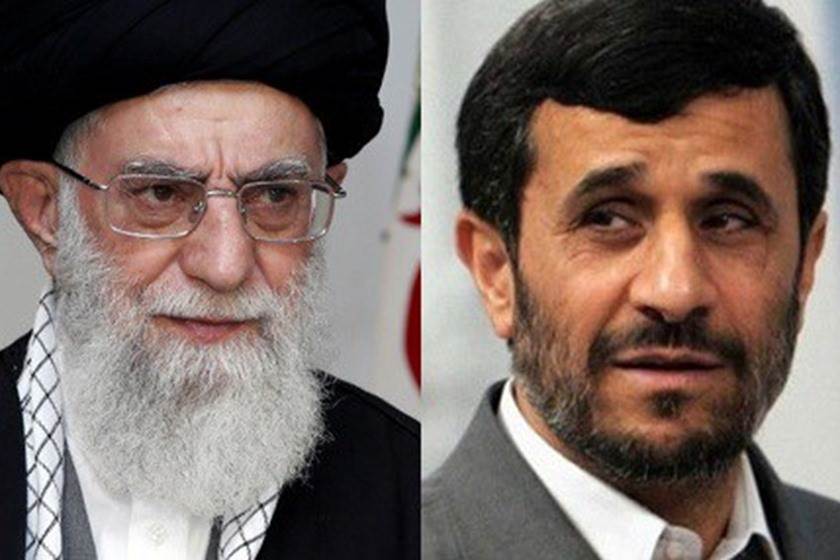
Following Mahmoud Ahmadinejad’s critical open letter to Iran’s supreme leader Ali Khamenei and his absence from Expediency Council’s meeting, the question was raised as to his possible resignation from this council. Ali Akbar Javanfekr, the media adviser of Ahmadinejad in 9th and 10th governments, said Ahmadinejad’s absence from the council’s meeting was usual, urging that Ahmadinejad has no intention of resigning from the Expediency Council.
Some members of the Expediency Council have asked for canceling Ahmadinejad’s membership from the council.
Entekhab
♦ Road Minister: Iran is socially deteriorating
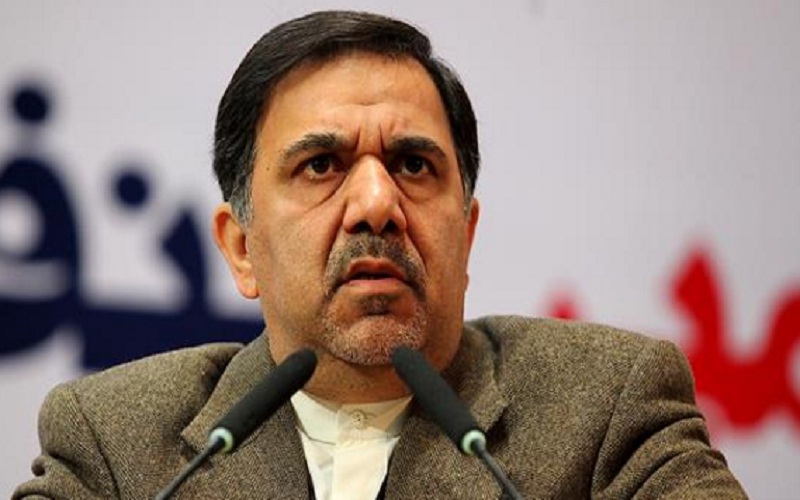
Abbas Akhoundi, Minister of Roads and Urban Development, says that Iran is deteriorating socially, and the society can no longer inject hope to itself. Akhoundi emphasized that a cure for this condition must be found, and the first step in this path is to talk openly about this issue.
Akhoundi asserted: “the truth is that our society is socially deteriorating. It means that it cannot resolve its fundamental problems, create added value, and inject hope. This is a fact that if expressed vaguely, we will not be able to find a cure for it.” According to road minister, “we cannot solve any problem in the country socially – be it dust particles, events or economic issues.”
Iranian minister of roads and urban development himself is on the verge of being impeached by the Parliament, following the recent crash of passenger flight from Tehran to Yasuj.
Radio Farda
♦ Growth of commercial transactions between Iran and Europe in 2017
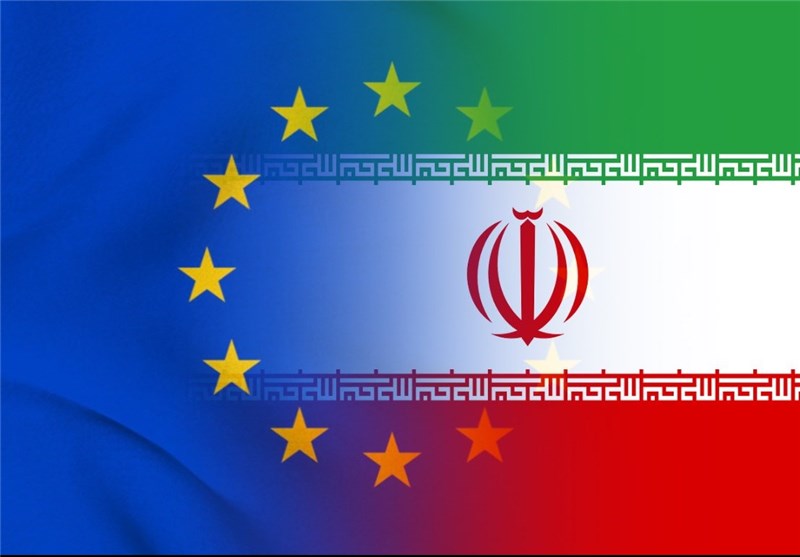
Commercial trades between Iran and EU have increased in 2017, and with 53% growth, reached 21 billion euros. According to IRNA, commercial transactions between Iran and EU that were over 7.689 billion euros in 2015 increased to 13.744 billion euros in 2016. Lifting sanctions from Iran’s oil and resuming purchase of oil from Iran has been the main cause of growth in EU’s import from Iran.
Ebtekaar
♦ Rouhani: Islamicizing sciences in Iran failed
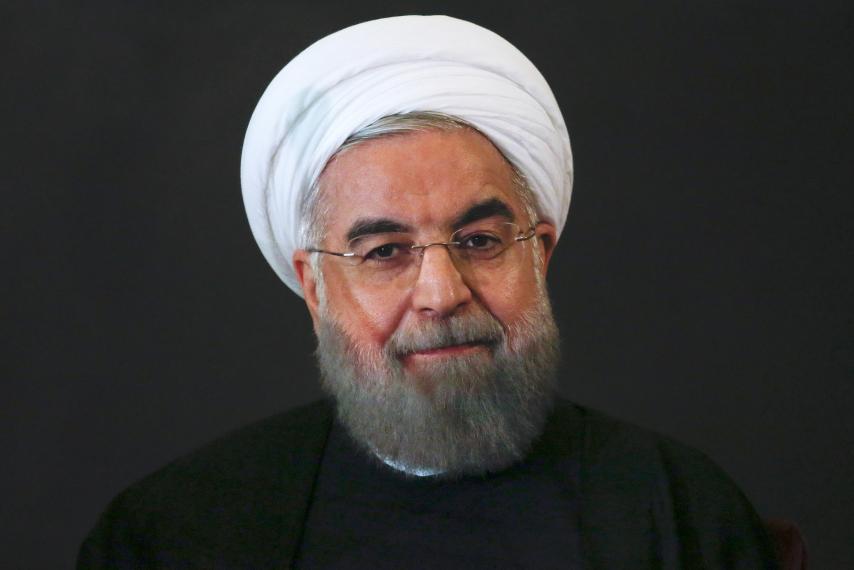
Iranian President Hassan Rouhani slammed efforts for Islamicizing sciences in Iran, saying a lot of resources have been spent on this, but no results have been achieved. He added “some people” wanted to divide sciences to religious and anti-religious or argue that all sciences have their roots in Islam, while “sciences are sciences and wouldn’t be connected to ideology.” The Iranian president said: “some people in our country have spent years to create Islamic chemistry and physics; they have spent a lot of money, time and means on this but to no avail.”
Hassan Rouhani also criticized security confrontation with academics, saying Iran must have interaction with the world in different sciences.
Hassan Rouhani had previously slammed Islamicizing sciences in Iran, particularly social sciences, while Iranian leader Ali Khamenei has repeatedly criticized teaching “western” human sciences in Iran.
BBC Persian
♦ Workers protests in Iran continue
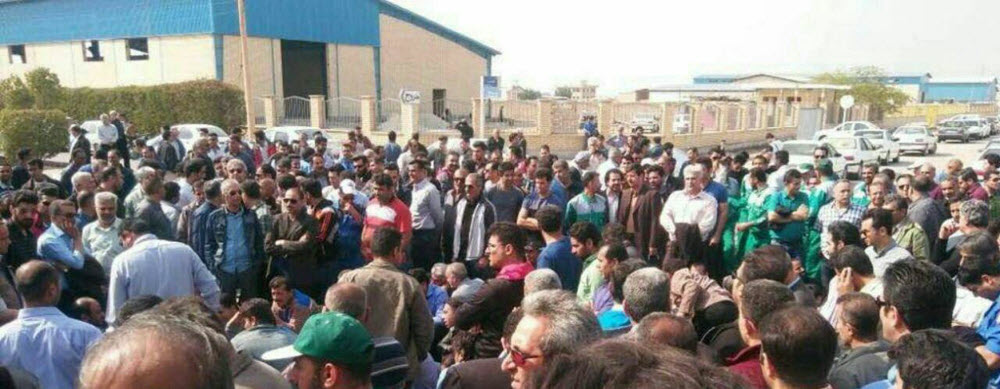
Workers of National Steel Group of Ahvaz staged gathering and protest again in objection to not paying their belated wages. About 500 workers gathered in front of governor’s office in this city, asking putting an end to their problems. These workers who announced representing 4000 workers of this factory said they demand 3 months of belated payments, as well as their annual bonuses.
In continuation, they staged a rally, chanting slogans for their own labor union demands.
Iran International
♦ Bagheri: Ceasefire does not include suburbs of Damascus
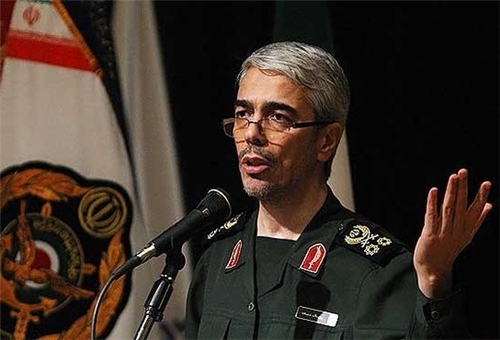
Chief of Staff for the Armed Forces of Iran said, “we will remain committed to a ceasefire in Syria; some parts of Damascus’s suburb that is in possession to terrorists are not subject to the ceasefire and their clearing will continue.”
Major-General Mohammad Bagheri added, “this time too when those who are not after security and peace in Syria saw that Syrian army and government that are after clearing suburbs of Damascus talked of the ceasefire to support terrorists.”
UN National Security Council has issued a resolution asking for a 30-day ceasefire all over Syria. So far, in air raids of Syrian Army against Ghouta near Damascus, more than 500 people have lost their lives, including at least 127 children.
Tasnim news
♦ Halt in building 20 dams
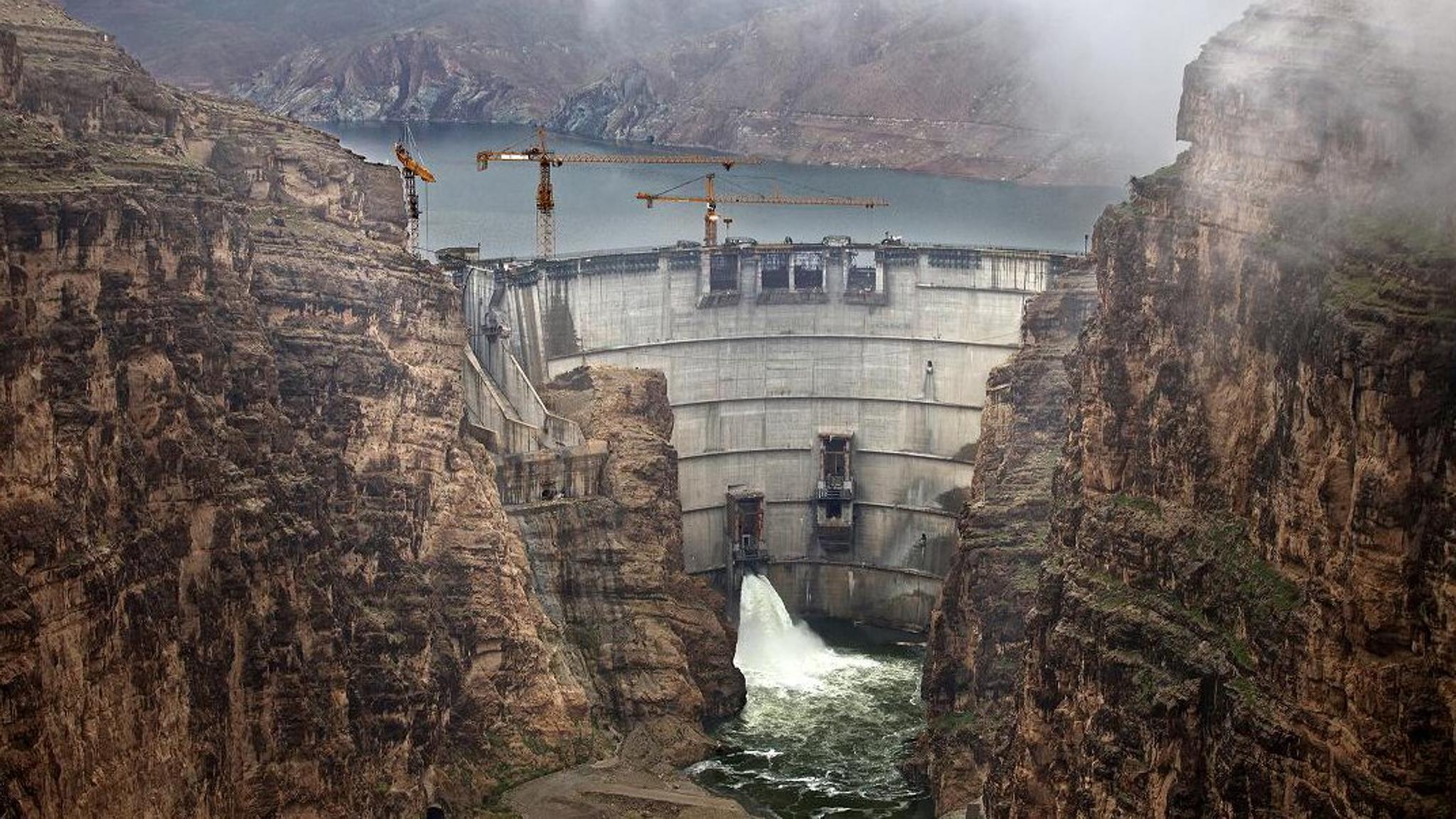
Deputy energy minister Rahim Meidani announced a halt in building 20 dams in the country, saying in revising dams, building 1 million acres of irrigation and canal system were stopped. Meidani emphasized that as a part of reviewing plan for dams and irrigation system, the irrigation network of Karkheh Dam reduced 200,000 acres, because water entering this dam has significantly decreased, reaching 50% of the water predicted in some years.
Abrar Eghtessadi
♦ Iran’s rank in combatting corruption
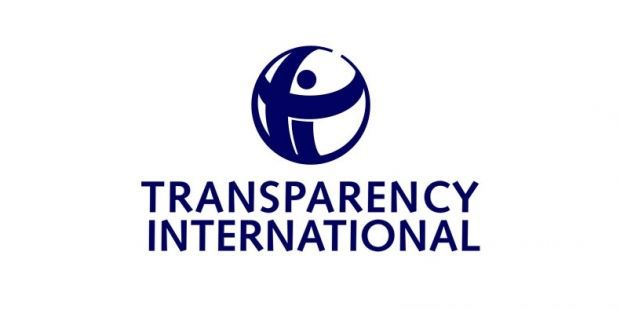
For the fifth consecutive year, Iran’s score in fighting corruption has improved. Transparency International publishes an annual report with regard to the condition of corruption in the world and ranks the countries. In Corruption Perception Index 2017, Iran ranks at 130.
In 2005 and at the end of Mohammad Khatami’s government, Iran stood at 88, but 5 years later, Iran’s rank was 168 during Ahmadinejad’s government.
Iran
